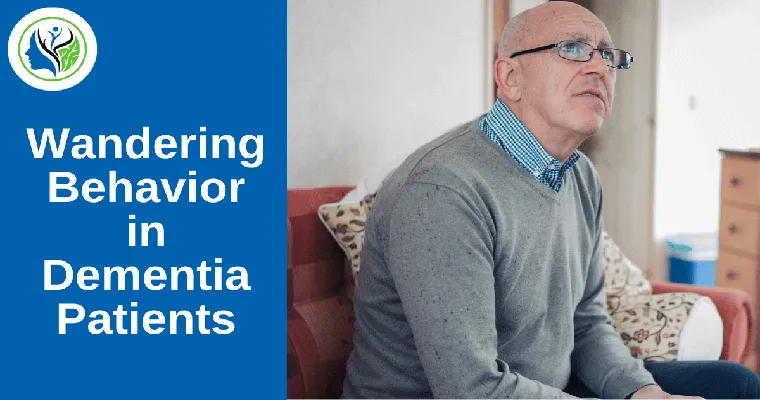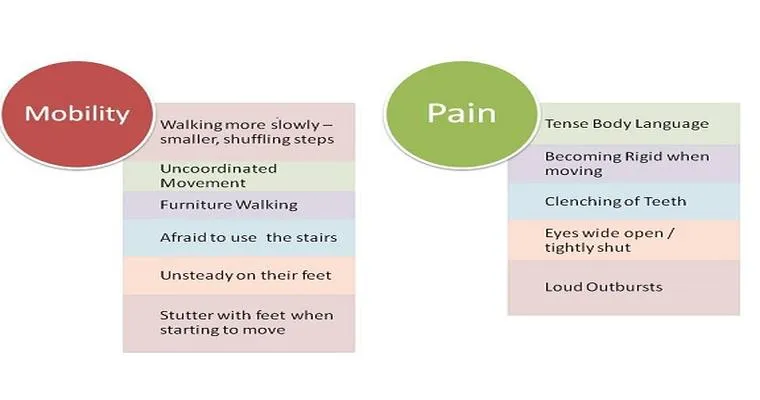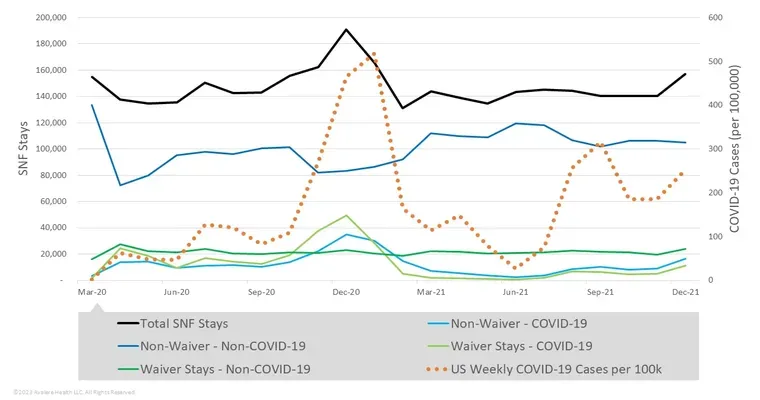Dementia wandering is a common behavior among individuals with cognitive impairments, posing significant challenges for caregivers and families. Understanding effective "products" and "strategies" for managing dementia wandering can greatly enhance the safety and well-being of affected individuals. This article explores various tools and techniques designed to help caregivers navigate the complexities of dementia-related wandering.
Understanding Dementia Wandering
Wandering occurs when individuals with dementia move about without a clear purpose or destination. This behavior can stem from confusion, anxiety, or a need for physical activity. It's crucial for caregivers to recognize the triggers of wandering and implement appropriate "strategies" to minimize risks.
Products to Enhance Safety
Several "products" are available to help manage wandering in individuals with dementia. These can range from technological solutions to simple everyday items.
1. "GPS Tracking Devices"
GPS trackers are invaluable tools that allow caregivers to monitor the location of individuals prone to wandering. These devices can be worn as wristbands or clipped onto clothing. They provide real-time updates and alerts, helping caregivers locate their loved ones quickly in case they wander off.
2. "Smart Home Technology"
Integrating smart home technology can significantly enhance safety. Smart door locks, window sensors, and motion detectors can alert caregivers when an individual attempts to leave the house. Additionally, voice-activated assistants can provide reminders or distract individuals from wandering.
3. "Wandering Alarms"
Wandering alarms can be placed at exit points in the home. These alarms alert caregivers when someone tries to leave the house, providing an extra layer of security. Many models are adjustable, allowing caregivers to set sensitivity levels according to individual needs.
4. "Comfort Items"
Sometimes, wandering may be a response to anxiety or restlessness. Providing comfort items, such as familiar blankets or stuffed animals, can help soothe individuals and reduce the urge to wander. Creating a calming environment can significantly impact their behavior.
Strategies for Prevention
In addition to using products, caregivers can implement various "strategies" to manage dementia wandering effectively.
1. "Structured Routine"
Establishing a structured daily routine can provide individuals with a sense of security and purpose. Predictable schedules reduce anxiety and help minimize wandering behaviors. Incorporating physical activities or outings can also fulfill their need for movement.
2. "Engagement Activities"
Keeping individuals engaged through meaningful activities is crucial. Puzzles, arts and crafts, or gardening can provide mental stimulation and reduce the likelihood of wandering. Tailoring activities to individual interests can enhance their motivation to stay engaged.
3. "Environmental Modifications"
Making modifications to the environment can help prevent wandering. Simple changes, such as removing clutter or using visual cues, can guide individuals and reduce confusion. Consider painting doors the same color as the walls to make exits less noticeable.
4. "Communication"
Open communication with family members, friends, and professional caregivers is essential. Sharing insights about routines, triggers, and effective strategies can ensure everyone involved is on the same page, leading to a cohesive approach to managing wandering behaviors.
Conclusion
Managing dementia wandering requires a combination of effective "products" and thoughtful "strategies". By utilizing technology, modifying the environment, and engaging individuals in structured activities, caregivers can create a safer and more supportive environment for those affected by dementia. Understanding the needs and behaviors of individuals with dementia is paramount in ensuring their safety while maintaining their dignity. With the right tools and approaches, caregivers can significantly reduce the risks associated with wandering and enhance the overall quality of life for their loved ones.





